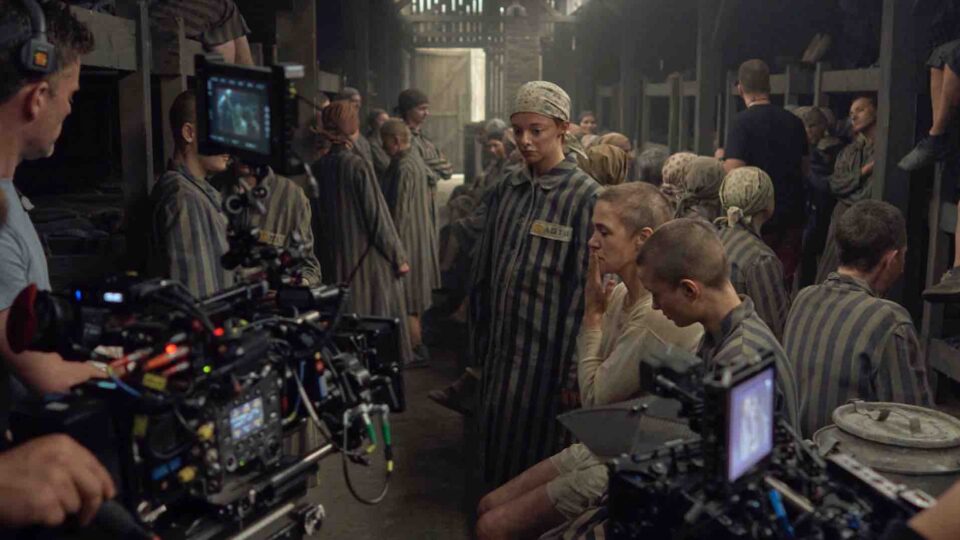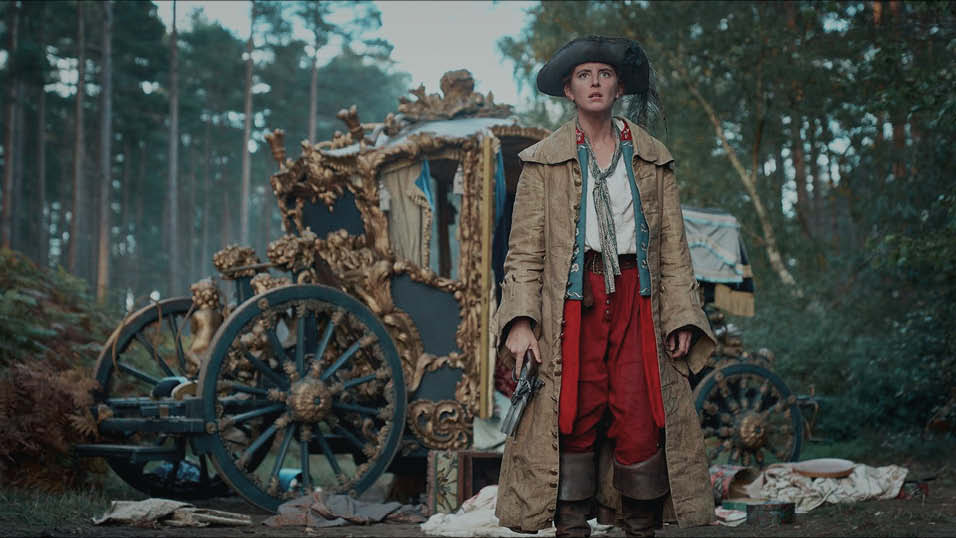Quotas are a start, but are not the only answer to solving the lack of diversity in the TV industry, says Minnie Crowe, COO of TriForce Creative Network
Diversity is top of the agenda, and is something that all major terrestrial broadcasters have publicly committed to improving. From Channel 4’s 360 Diversity Charter, to Sky’s all guns blazing targets of 20% BAMED in front and behind the camera, everyone is setting quotas. But are they the answer?
Diversity is not just about skin colour. If we think quotas are the magic bullet, surely we’ll end up needing a quota for every underrepresented group. It’s at this point that diversity can become divisive. As well intentioned as they are, quotas can lead to ‘box-ticking’, and creating programmes that rehash tired cultural tropes.
If programming reflects the world around us, it should include different ethnicities, sexualities, genders, and economic backgrounds. Look at NetFlix’s Sense8; eight main characters, four men, four women, 50% BAME, as well as encompassing a broad spectrum of sexuality and gender identities. And yet at its heart, it’s about the commonalities of the human experience. Being dumped as a gay man is not fundamentally different to being dumped as a straight woman. It is possible to create programmes that are ‘diverse’ but speak to a broad audience. But where do we find the talent to tell those stories?
As an industry, we need to see a fundamental change in the way we access talent, both on screen and very importantly, those who shape the stories we see on TV, from writers to directors to commissioners. We need to acknowledge that if we want to increase diversity in the industry, we need to use different methods to reach talent from different backgrounds.
For example, many script competitions to find new writers require individuals to submit a full episode’s script. But if you’re working two jobs to get by, you may not have the luxury of time to write 60 pages. TriForce Creative Network’s new writing initiative WriterSlam, supported by Creative Skillset, the BBC, ITV and Tiger Aspect, requested just 15 pages and a synopsis. Because of this, we received entries from a much broader range of people than more established programmes often achieve.
In all our talent development work we prefer to talk about ‘inclusivity’. Our work is focussed on reaching out to talent from a broad range of backgrounds, helping to overcome socio-economic barriers which often lie at the heart of the lack of diversity both on and off screen.
We have to think outside the box if change is to be long-standing, and find new ways to reach out to talent. Quotas are a start, in that they acknowledge the problem, but they are not the only answer. They can only bring about a superficial change. We need to have diversity of life experience in our industry to tell the richest stories and engage with the widest audiences.
Minne Crowe
Share this story

















